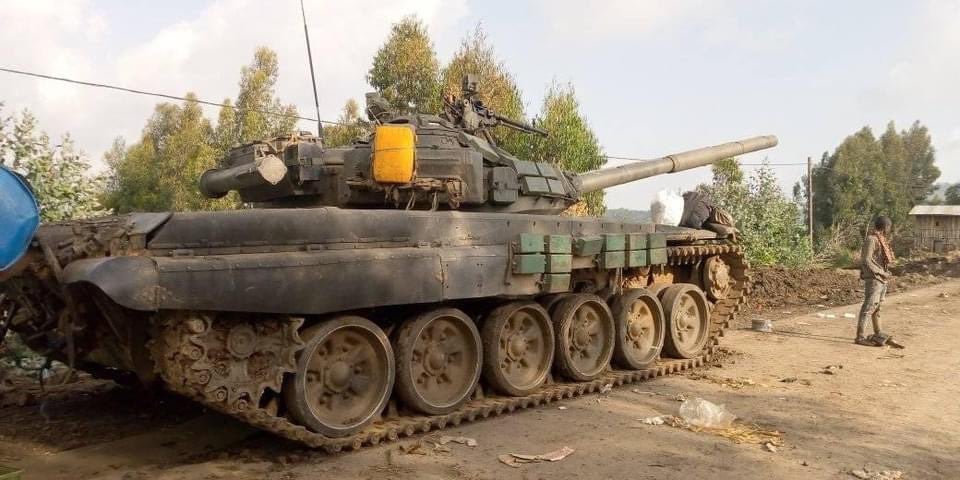Tigrayan Forces Withdraw From Neighboring Regions, Call For Ceasefire
The head of the Tigray People’s Liberation Front (TPLF) has stated that forces aligned with them are withdrawing from neighboring regions of northern Ethiopia, calling for a ceasefire to end the 13-month civil war between the ruling party of the Tigray region and the Ethiopian federal government.
In a letter to Secretary-General of the United Nations Antonio Guterres, TPLF leader Debretsion Gebremichael wrote that he believed that the TPLF’s “bold act of withdrawal will be a decisive opening for peace”, expressing hope that the withdrawal of Tigrayan forces from Afar and Amhara would allow the international community to deliver food aid to Tigray. Since its withdrawal from much of Tigray in June, the Ethiopian federal government has been accused of blockading the region, preventing aid and other supplies from entering the region.
The letter accuses the international community of having “utterly failed” to fulfill obligations to protect civilians under the Responsibility to Protect, with the establishment of a no-fly zone for hostile aircraft and drones over Tigray requested. Additionally, the letter seeks the imposition of arms embargoes on Ethiopia and Eritrea, as well as a United Nations mechanism to verify the “total” withdrawal of external armed forces from Tigray.
Gebremichael denies that the TPLF seeks to “install ourselves at the head of a government in Ethiopia” in the letter. Instead, he calls for an “all-inclusive dialogue” to form an “agreed framework on the way forward”, with the release of political prisoners and an end to censorship among the prerequisites for the dialogue.
The letter claims that Tigrayan forces are “intact and undefeated on the ground”, despite a series of retreats since late November. Addis Ababa had launched a counteroffensive in late November that has since reversed much of Tigrayan advances towards the Ethiopian capital made since July, with Prime Minister Abiy Ahmed reportedly leading pro-government troops from the front.
The apparent reversal of battlefield fortunes has done little to stem the flow of reports of abuses by both sides throughout the fighting. Last Friday, the United Nations’ Human Rights Council voted in favor of establishing an independent commission of three experts tasked with collecting evidence of human rights abuses in Ethiopia and identifying those responsible. While Addis Ababa has vowed to not cooperate with what it describes as a “politically motivated” mechanism, Gebremichael welcomed its establishment in his letter, saying that the TPLF will “extend all cooperation” to the commission.

